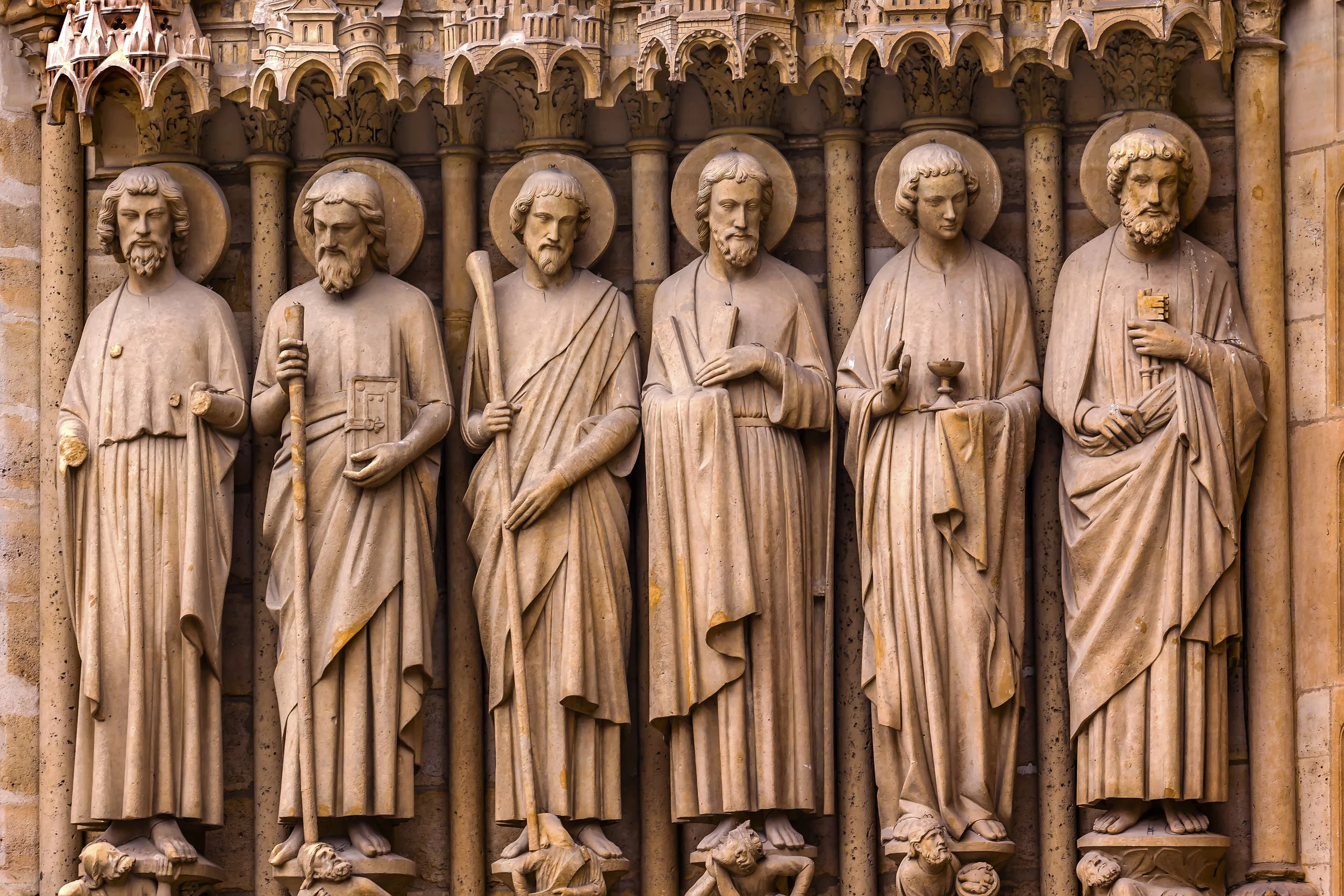Classical Education
As parents considering the foundational years for the growth of our children, choosing the right kind of education is of paramount importance. Classical Christian schools are using the philosophy and methodology of a form of education that has a long history of success. It is a wonderful melding of the kind of discovery and challenge typical of education from hundreds of years ago when classical education was the only education. Education was, and should still be, viewed as “liberating” or a path to “freedom” for those who were given the gift of an education as opposed to hard labor in fields every day.
Today we can take the same approach for our children: challenging scholarly efforts based on the developmental stages, combined with seeking God and glorifying Him in all subjects of learning. The resurgence and recovering of this tradition has been described as “rediscovering the lost tools of learning.”
Some of the centuries-old classical tenants are “Truth, Goodness, and Beauty.” When we think of a typical school and a typical classroom, these are not the first words that come to mind. At St. Abe’s, we strive to build character alongside academics. In every subject we seek the Truth that God has revealed in His Word, we seek the goodness and righteousness that He has established as a result of His Truth, and we find His beauty displayed in His children, in nature, and in the knowledge He brings us.
"Do not despise these small beginnings, for the Lord rejoices to see the work begin." Zechariah 4:10a NLT
why st. abe’s?
St. Abe’s, along with most classical Christian schools in the nation, believes that students are capable of aiming and working towards a high standard academically. Many schools today set the bar low and teach directly to tests, hoping for high scores. St. Abe’s sees education as much more than passing tests and cramming for facts that will disappear in the memory in a short amount of time. Classical Christian schools desire to not only challenge students to reach for a higher level of success every day in the classroom, but to actually love learning. We want our children to be equipped with tools to be lifelong learners. We want their hearts to be strengthened by God and their minds to be enlightened by Him. We see every stage of education as an opportunity to challenge them to grow as a whole person.
Because we believe that God is our Creator, everything we learn directs us back to Him. He is in fact teaching us every day, surrounding us with knowledge if we will see it. We make sure that through a classical and Christian education, that Christ is glorified in every subject. The Christian worldview is not just relegated to “Bible class” or “chapel time” but is integrated on a daily basis throughout the day by every teacher. St. Abe’s is a member of the ACCS: the Association of Classical Christian Schools.
“Classical education is like a very large museum with many beautiful, wonder-filled rooms that could be studied over a lifetime. It is a long tradition of education that has emphasized the seeking after of truth, goodness, and beauty and the study of the liberal arts and the great books.”
“A Classical graduate is familiar with reading, writing, Latin, logic, math, science, rhetoric, and the fine arts resulting in gracious, knowledgeable, and thoughtful men and women.”
“We teach differently because we have a different perspective on the Child. We don’t believe that a child is a fortuitous blob of protoplasm waiting to be decomposed. We believe that she is nothing less than the Divine Image, an icon of the invisible God. She must not, therefore, be taught following techniques developed to instruct beasts. She must not be reduced to mere chemical responses to electrical stimuli. She must be taught personally, in relationship.”
“Classical Christian schools use the children’s God-given strengths at each stage of growth to help them learn; young children enjoy memorizing, singing, and rhymes, so a solid foundation is laid in each subject of study at this age; junior high students are inquisitive, so we develop their ability to reason and discern truth; high school students want to talk, so we teach them how to present their ideas persuasively. The result is a graduate who knows what they believe and why, and can positively impact the community around them.”




